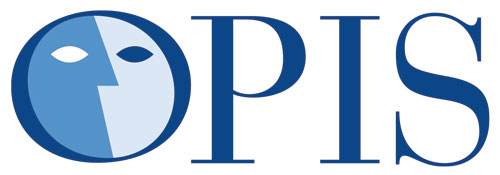Rare Diseases

Rare diseases are serious, often chronic diseases that affect a relatively small number of people compared to the general population. In Europe, a disease is considered to be rare when it affects 1 person per 2000. To date, six to seven thousand rare diseases have been classified, however they are hard to track since a disease can be rare in one region but common in another, like thalassemia. Estimating the global point prevalence of rare disease is challenging foremost for the diversity of the data, which are derived from a variety of disparate information sources that are not standardized or that are difficult to combine, including published case reports or systematic reviews, patient registries, expert opinions, and other anecdotal evidence. This is aggravated by differing methods employed during case ascertainment and a lack of firmly established, and/or specific diagnostic criteria or coding systems to capture this data. Moreover, for many of them signs may be observed at birth or in childhood (Rett syndrome, chondrodysplasia) but over 50% of rare diseases appear during adulthood (Huntington disease, Chron disease).
The European Journal of Human Genetics 2019 highlights that nowadays rare diseases are an emerging global public health priority and require an evidence-based estimate of the global point prevalence to inform public policy. Refinement of the epidemiological estimate of rare diseases is timely as rare diseases become a global policy priority of ‘leaving no one behind’ and the United Nations, World Health Organization, Organization for Economic Co-operation and Development, Asia-Pacific Economic Cooperation as well as countries move toward adoption of rare diseases policies and programs. Starting from the Orphanet database, the study found that rare diseases affect at least 3.5–5.9% of the worldwide population. This point prevalence translates into conservative figures of 18–30 million persons in the EU, and 263–446 million persons affected worldwide by rare diseases at any point in time. As this analysis did not consider rare cancers, infectious diseases and poisonings, the number of people affected by rare diseases is likely considerably higher. Further research, notably through long-term population registries and the implementation of a specific codification for the identification of RD patients in healthcare systems, will help to refine the estimates.
For many years doctors, researchers and policy makers have been unaware of rare diseases: the field has been suffering from a lack of medical and scientific knowledge. In fact, clinical drug development for these types of conditions is particularly difficult because many rare diseases are multidisciplinary in nature, thus requiring coordinated care between several medical specialists. However, impressive progress has been achieved lately, with now diagnostic tests available for hundreds of rare diseases.
For all these reasons, a new clinical trial paradigm may be necessary to achieve results more quickly and more efficiently. The logistics, numeric and multidisciplinary issues need to be met. Indeed, thanks to the aid of technology, clinical trials can at the same time be adapted to the daily life of patients and provide immediate and relevant results to the investigators and Sponsors.
OPIS has managed over 70 studies in rare disease indications and can therefore be considered a rare disease-focused CRO, with the necessary expertise and know-how to take on this challenge and provide excellent service to the Sponsors that are tackling this field in order to bring new therapies to the market.
With experience and methodology OPIS help sponsors with trial designs that carefully consider objectives and endpoints to overcome limitation of patient numbers and often great lack of available information and treatment options.
Patient networks and close collaboration with patients’ families are essential elements to involve in rare disease trials and to approach these trials with a truly patient centered approach.
Comments are closed.




